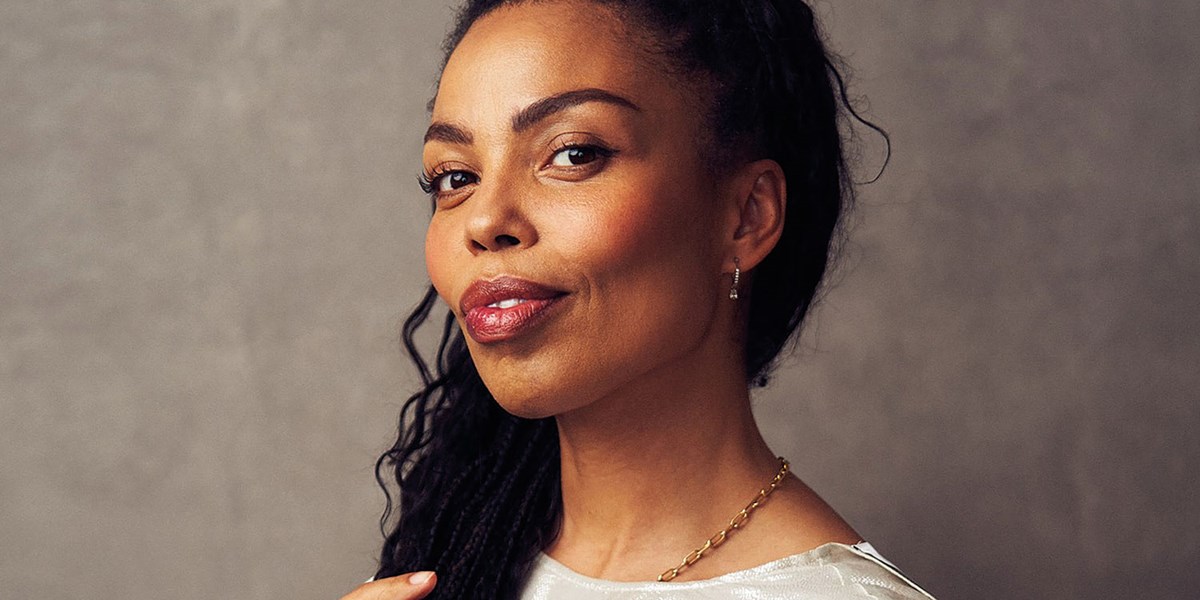Thursday, October 3, 2024
Emma Dabiri's My World interview: “A lot of my politics was informed by listening to, from a young age, revolutionary Irish music”
By Emma Rycroft
The Irish writer and broadcaster gets lost in music, telling Emma Rycroft of meeting Bob Marley, Nigerian folklore and her recent discovery of jazz

Emma Dabiri (photo: Stuart Simpson)

Register now to continue reading

Thanks for visiting the Songlines website, your guide to an extraordinary world of music and culture. Sign up for a free account now to enjoy:
- Free access to 2 subscriber-only articles and album reviews every month
- Unlimited access to our news and awards pages
- Our regular email newsletters

